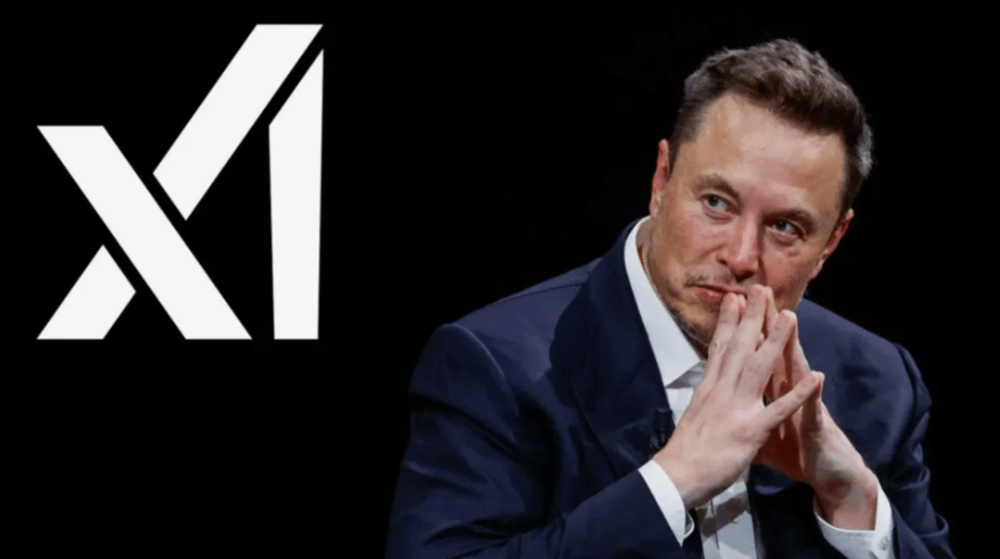Media Matters Challenges FTC Probe Amid Rising Political Pressure and Ad Boycott Scrutiny
On Monday, media watchdog organization Media Matters filed a legal motion seeking to block an ongoing investigation by the U.S. Federal Trade Commission (FTC). The probe examines whether the group coordinated advertising boycotts targeting Elon Musk’s social platform, X (formerly Twitter), and other publishers based on their political content or affiliations.
The request to halt the investigation comes amid growing tensions between civil society organizations and politically influential tech magnates, particularly as the 2024 U.S. presidential election cycle intensifies. At the center of this controversy is Musk, who is not only the owner of X but also a major financial backer of Donald Trump's presidential campaign, raising questions about regulatory impartiality and retaliatory enforcement.
Analyzing the Legal and Political Implications
The FTC's inquiry into Media Matters, which reportedly includes demands for internal correspondence and communications with other disinformation monitoring groups, signals a notable expansion of the agency's authority under antitrust and unfair competition statutes. The request encompasses documentation tied to lawsuits filed by X against advocacy organizations allegedly involved in advertiser boycotts.
Media Matters asserts that the FTC’s actions are politically motivated and violate First Amendment protections. Their filing characterizes the probe as a form of government retaliation in response to their public criticism of Elon Musk and his business interests. Legal experts note that such claims may be difficult to prove but could influence the regulatory narrative ahead of the 2024 election.
This dispute also reflects a broader shift in the intersection of media regulation, platform accountability, and political influence. It raises concerns about whether federal antitrust tools are being selectively applied to neutralize dissent or media oversight, especially as platforms like X increasingly adopt ideological moderation policies under private ownership.

Key Facts at a Glance
Entity Involved: Media Matters for America (non-profit watchdog group)
Regulator: U.S. Federal Trade Commission (FTC)
Legal Action: Motion to block FTC subpoena for internal documents and communications
Allegation: FTC investigation is retaliation for criticism of Elon Musk and platform X
Political Context: Musk is a major donor to Donald Trump’s 2024 campaign
Scope of FTC Inquiry: Includes boycott coordination, hate speech documentation, and disinformation monitoring
Market Reactions and Policy Debate
The case has not directly impacted stock markets or tech indices like SPX or NDX, but it is closely watched by corporate advertisers, legal analysts, and civil rights advocates. Several advocacy groups warn that the FTC’s approach could set a precedent, deterring legitimate scrutiny of digital platforms over content moderation and advertising transparency.
Meanwhile, Elon Musk’s X Corp. continues to pursue litigation against watchdogs and media outlets it accuses of reputational damage through so-called “coordinated smear campaigns.” These lawsuits, coupled with the FTC investigation, represent a two-pronged legal strategy—one private, one regulatory—that critics say risks silencing institutional accountability.
Although no major advertisers have yet publicly shifted strategies, internal ad industry discussions reportedly reflect growing caution. Large firms remain wary of associating with platforms under regulatory and ethical fire—especially in an election year marked by high polarization.

Strategic Takeaways
Precedent Risk: If FTC enforcement proceeds unchecked, it may embolden broader inquiries into watchdog groups.
Regulatory Stretch: The use of antitrust tools for political content-related investigations could redefine the FTC’s remit.
Free Speech Concerns: Media Matters frames the case as a First Amendment issue, possibly setting up a landmark legal battle.
Advertiser Sensitivity: Multinational brands are closely monitoring developments before allocating digital ad budgets.
Political Entanglement: Elon Musk’s dual role as platform owner and political donor complicates the neutrality of any enforcement.
Regulatory Overreach or Legitimate Oversight?
The escalating conflict between Media Matters and the FTC marks a complex moment for U.S. regulatory governance, particularly where it intersects with speech rights, platform influence, and political power. While the agency frames its inquiry in antitrust terms, the surrounding circumstances suggest a high-stakes legal and ideological battle that may shape how watchdogs and advocacy groups operate under future administrations.
As scrutiny of content-driven ad boycotts and their influence on corporate strategy grows, both private litigants and government bodies are testing the limits of legal tools that were not originally designed for the digital information ecosystem. Whether this results in strengthened transparency or suppressed accountability will likely depend on judicial interpretation of constitutional protections in the age of platform capitalism.















Comments
This legal battle underscores the ongoing tension between free speech and political agendas in media.
This legal move raises important questions about free speech and the influence of media organizations.